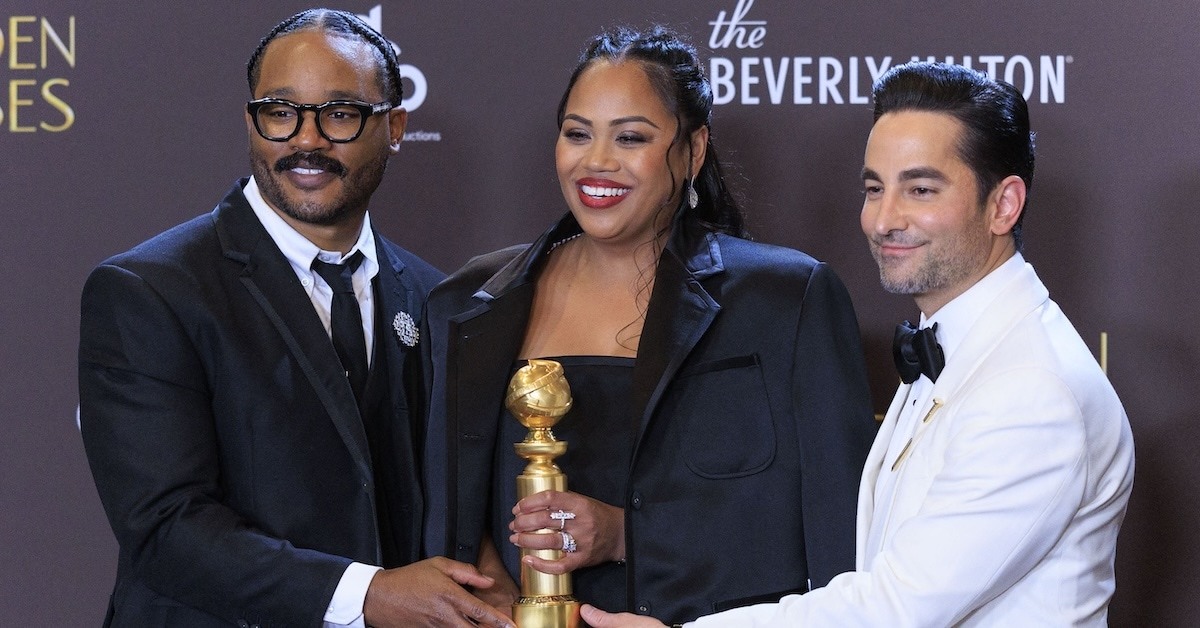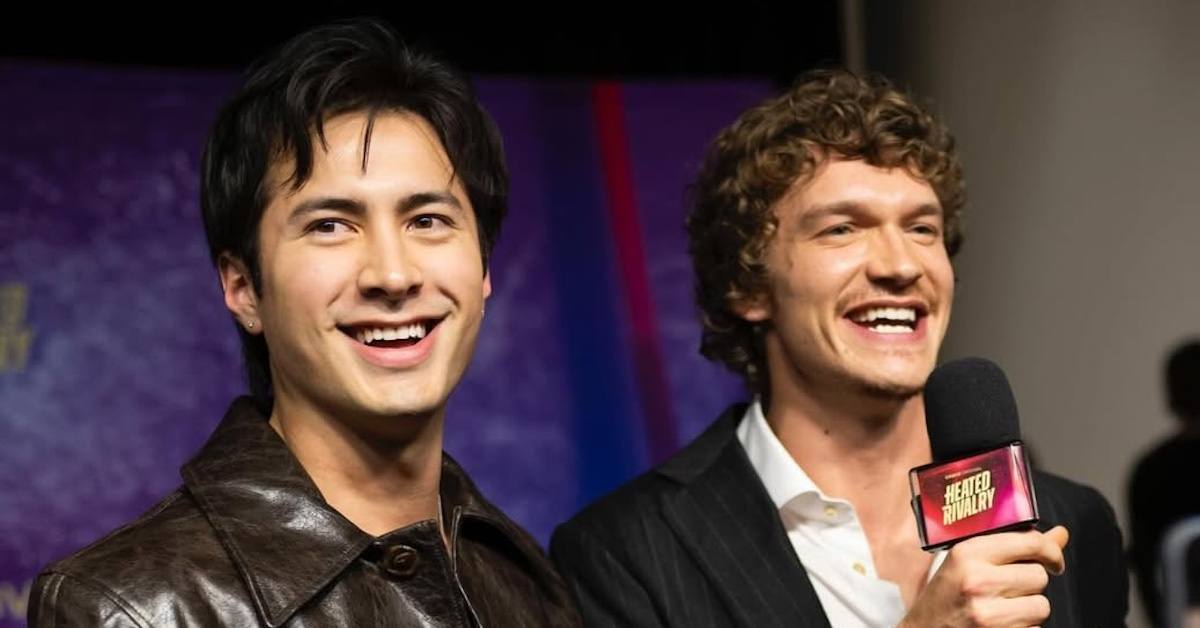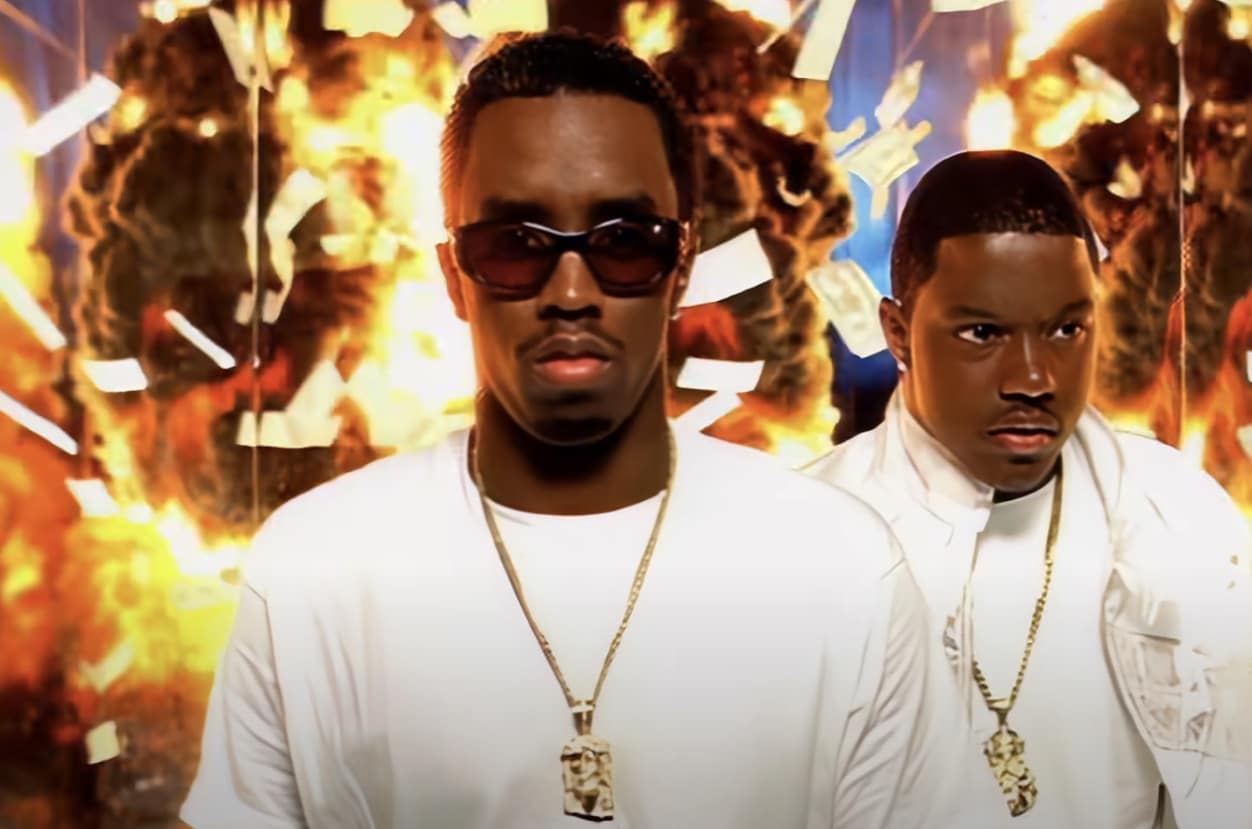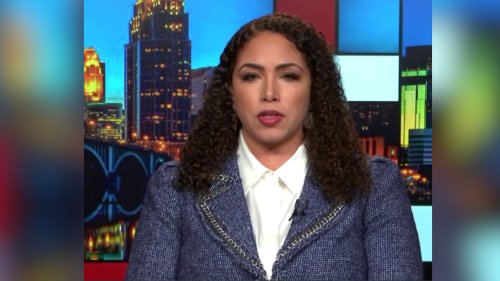Transgender Inclusion in Sports at Risk as IOC Considers Full Ban
The International Olympic Committee (IOC) is moving closer to a policy that would ban transgender women from competing in women’s Olympic events. The new rule would prohibit any athlete who has undergone male puberty from joining women’s divisions, effectively excluding all transgender women from female categories. Here’s where the policy stands. The IOC May Soon [...] Read More... from Transgender Inclusion in Sports at Risk as IOC Considers Full Ban The post Transgender Inclusion in Sports at Risk as IOC Considers Full Ban appeared first on LBS.
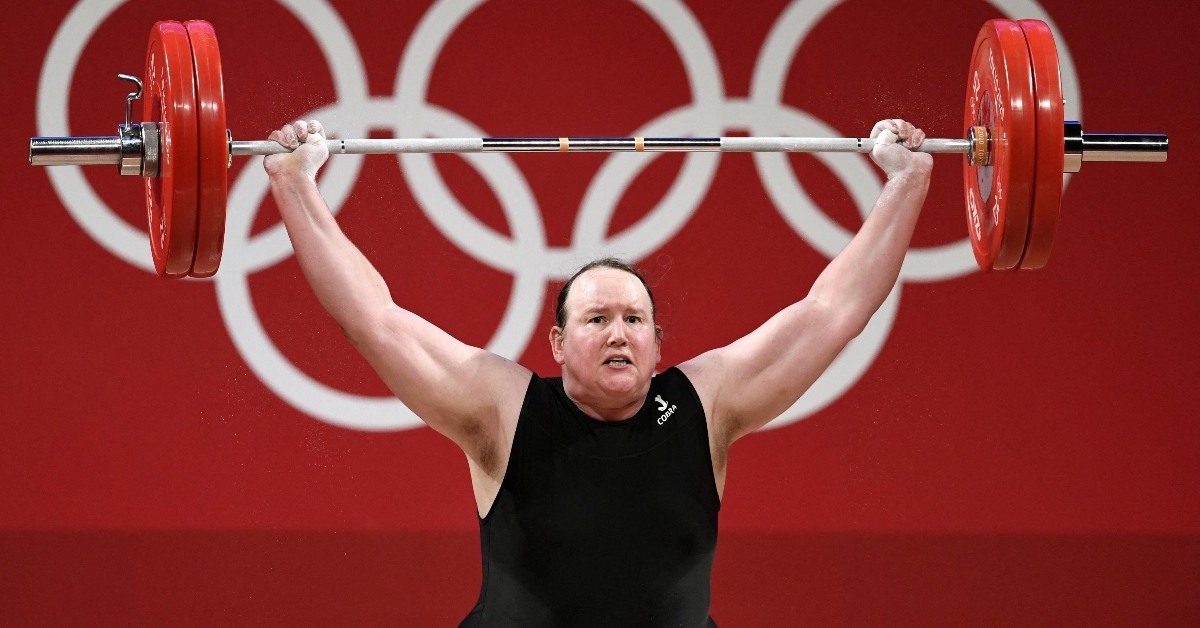

The International Olympic Committee (IOC) is moving closer to a policy that would ban transgender women from competing in women’s Olympic events. The new rule would prohibit any athlete who has undergone male puberty from joining women’s divisions, effectively excluding all transgender women from female categories. Here’s where the policy stands.
The IOC May Soon Impose a Full Ban on Transgender Athletes
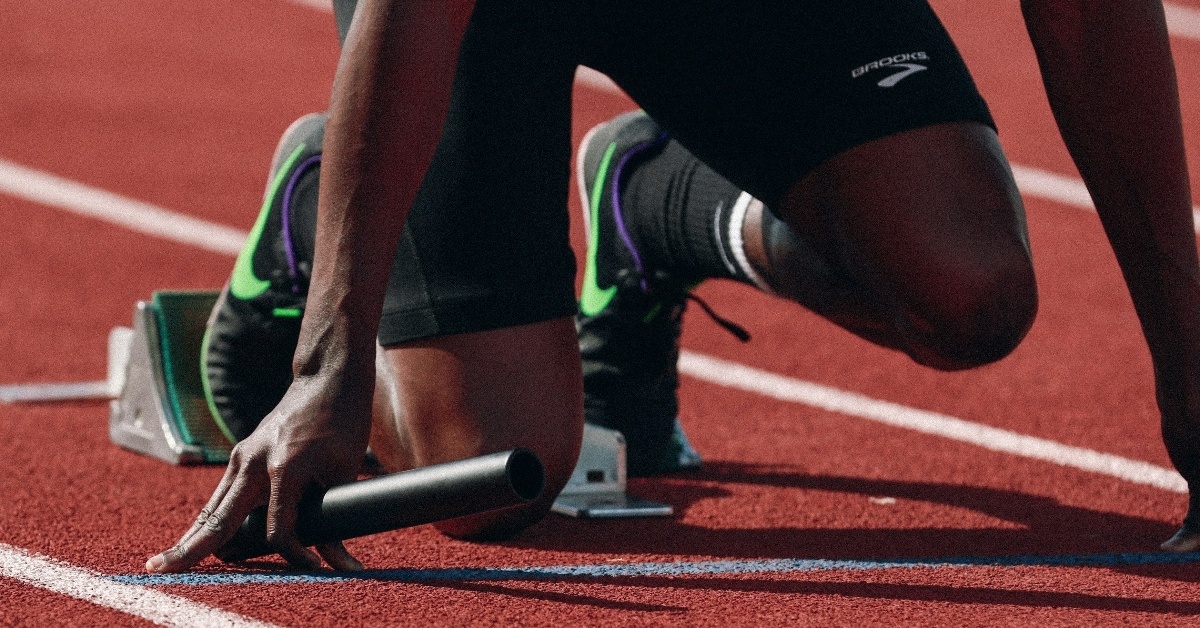
According to Reuters, the IOC plans to introduce the ban within the next year, aligning with new IOC President Kirsty Coventry’s campaign promise to “protect the female category.” This marks a sharp reversal from the IOC’s 2021 guidance, which prioritized inclusion and stated there should be “no presumption of advantage” for trans athletes.
IOC officials maintain that discussions are ongoing. “No decisions have been taken yet,” an IOC spokesperson told reporters this week amid speculation of an impending ban, per Reuters. A special working group — one of Coventry’s first initiatives since taking office — has been reviewing scientific evidence on physical advantages and consulting with sports federations since September.
“There was overwhelming support that we should protect the female category,” Coventry said, according to The Guardian. “We will set up a working group made up of experts and international federations. It was agreed that the IOC should take a leading role in bringing experts together to find consensus.”
Coventry established the “Protection of the Female Category” working group to lead the creation of a unified policy. The group, made up of medical experts and federation representatives, received a science briefing last week from Dr. Jane Thornton, the IOC’s medical and science director. Insiders told The Times that Thornton presented evidence showing transgender athletes retain certain physical advantages even after taking steps to reduce testosterone.
The Political Climate Has Turned Increasingly Anti-Trans, but Advocates Are Pushing Back
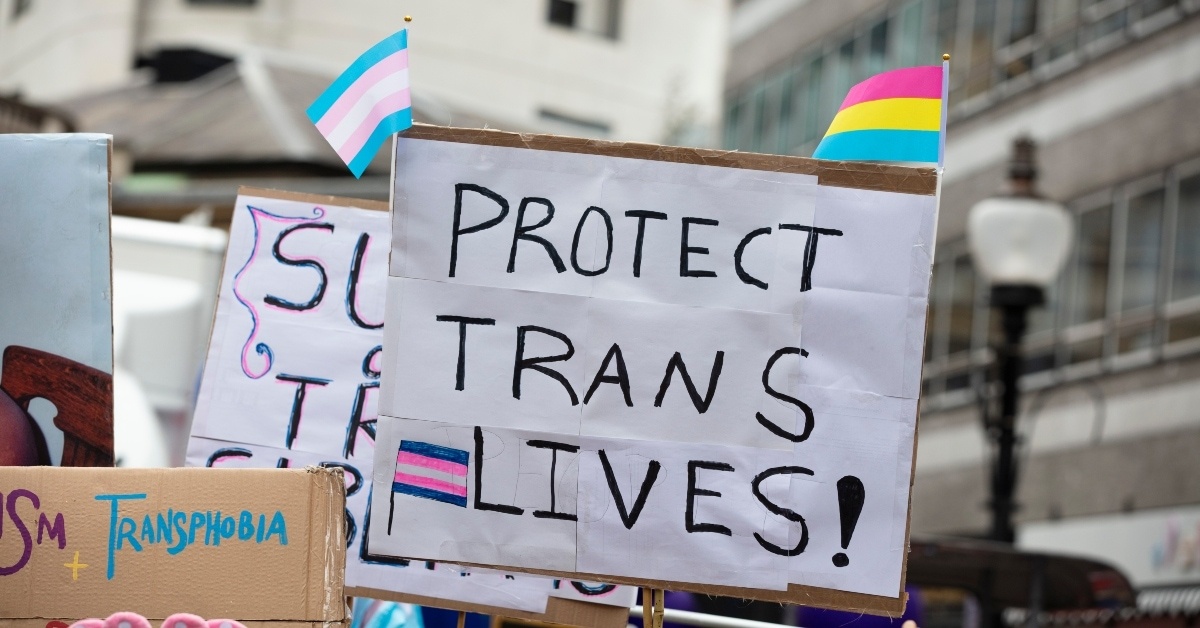
Mounting political pressure and recent actions by sports federations have fueled the IOC’s move toward a uniform ban. Earlier this year, U.S. President Donald Trump signed an executive order titled the “Keeping Men Out of Women’s Sports,” which bans transgender women from female sports nationwide. Trump vowed that no trans women would compete at the LA 2028 Olympics under his leadership, according to Reuters.
Trump’s intervention as the host country leader could set up a showdown with the IOC. By adopting a blanket ban of its own, the IOC could avoid direct conflict with Trump’s policy before 2028. Meanwhile, global sports federations have introduced stricter eligibility rules that are reshaping the landscape. In March 2023, World Athletics — track and field’s governing body — barred any trans athlete who had undergone male puberty from women’s events, PBS reports.
The IOC’s shift has alarmed human rights and LGBTQIA+ advocacy groups, who argue that a blanket ban would violate principles of inclusion and non-discrimination. In late September, the Sport & Rights Alliance — a coalition including Human Rights Watch and Amnesty International — condemned the IOC’s process as secretive and harmful. Advocacy groups are urging the IOC to pause its efforts and uphold its human rights commitments. They call for meaningful consultation with all affected athletes, including transgender competitors.
“The future of fair and inclusive sport depends on an open and honest dialogue with all stakeholders – and with impacted athletes at the heart of the process,” said Joanna Maranhão, a coordinator with the Sport & Rights Alliance.
Do you think the IOC’s proposed ban on transgender women is fair or discriminatory? Comment below!
The post Transgender Inclusion in Sports at Risk as IOC Considers Full Ban appeared first on LBS.
Share
What's Your Reaction?
 Like
0
Like
0
 Dislike
0
Dislike
0
 Love
0
Love
0
 Funny
0
Funny
0
 Angry
0
Angry
0
 Sad
0
Sad
0
 Wow
0
Wow
0
